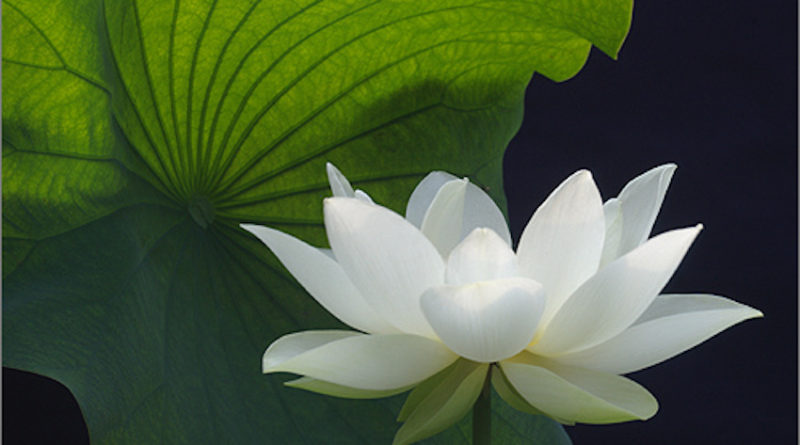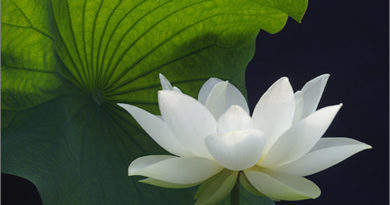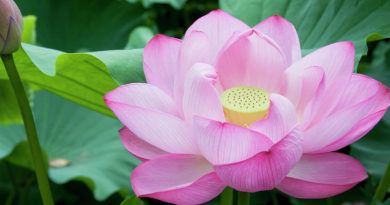21. Miscellaneous (pakiṇṇakavaggo)
21. Miscellaneous
(Pakiṇṇakavaggo)
<h2
290. If by renouncing a lesser happiness one may realize a greater happiness, let the wise man renounce the lesser, having regard for the greater.
291. Entangled by the bonds of hate, he who seeks his own happiness by inflicting pain on others, is never delivered from hatred.
292. The cankers only increase for those who are arrogant and heedless, who leave undone what should be done and do what should not be done.
293. The cankers cease for those mindful and clearly comprehending ones who always earnestly practice mindfulness of the body, who do not resort to what should not be done, and steadfastly pursue what should be done.
294. Having slain mother (craving), father (self-conceit), two warrior-kings (eternalism and nihilism), and destroyed a country (sense organs and sense objects) together with its treasurer (attachment and lust), ungrieving goes the holy man.
295. Having slain mother, father, two brahmin kings (two extreme views), and a tiger as the fifth (the five mental hindrances), ungrieving goes the holy man.
296. Those disciples of Gotama ever awaken happily who day and night constantly practice the Recollection of the Qualities of the Buddha.
297. Those disciples of Gotama ever awaken happily who day and night constantly practice the Recollection of the Qualities of the Dhamma.
298. Those disciples of Gotama ever awaken happily who day and night constantly practice the Recollection of the Qualities of the Sangha.
299. Those disciples of Gotama ever awaken happily who day and night constantly practice Mindfulness of the Body.
300. Those disciples of Gotama ever awaken happily whose minds by day and night delight in the practice of non-violence.
301. Those disciples of Gotama ever awaken happily whose minds by day and night delight in the practice of meditation.
302. Difficult is life as a monk; difficult is it to delight therein. Also difficult and sorrowful is the household life. Suffering comes from association with unequals; suffering comes from wandering in samsara. Therefore, be not an aimless wanderer, be not a pursuer of suffering.
303. He who is full of faith and virtue, and possesses good repute and wealth – he is respected everywhere, in whatever land he travels.
304. The good shine from afar, like the Himalaya mountains. But the wicked are unseen, like arrows shot in the night.
305. He who sits alone, sleeps alone, and walks alone, who is strenuous and subdues himself alone, will find delight in the solitude of the forest.
</h2







